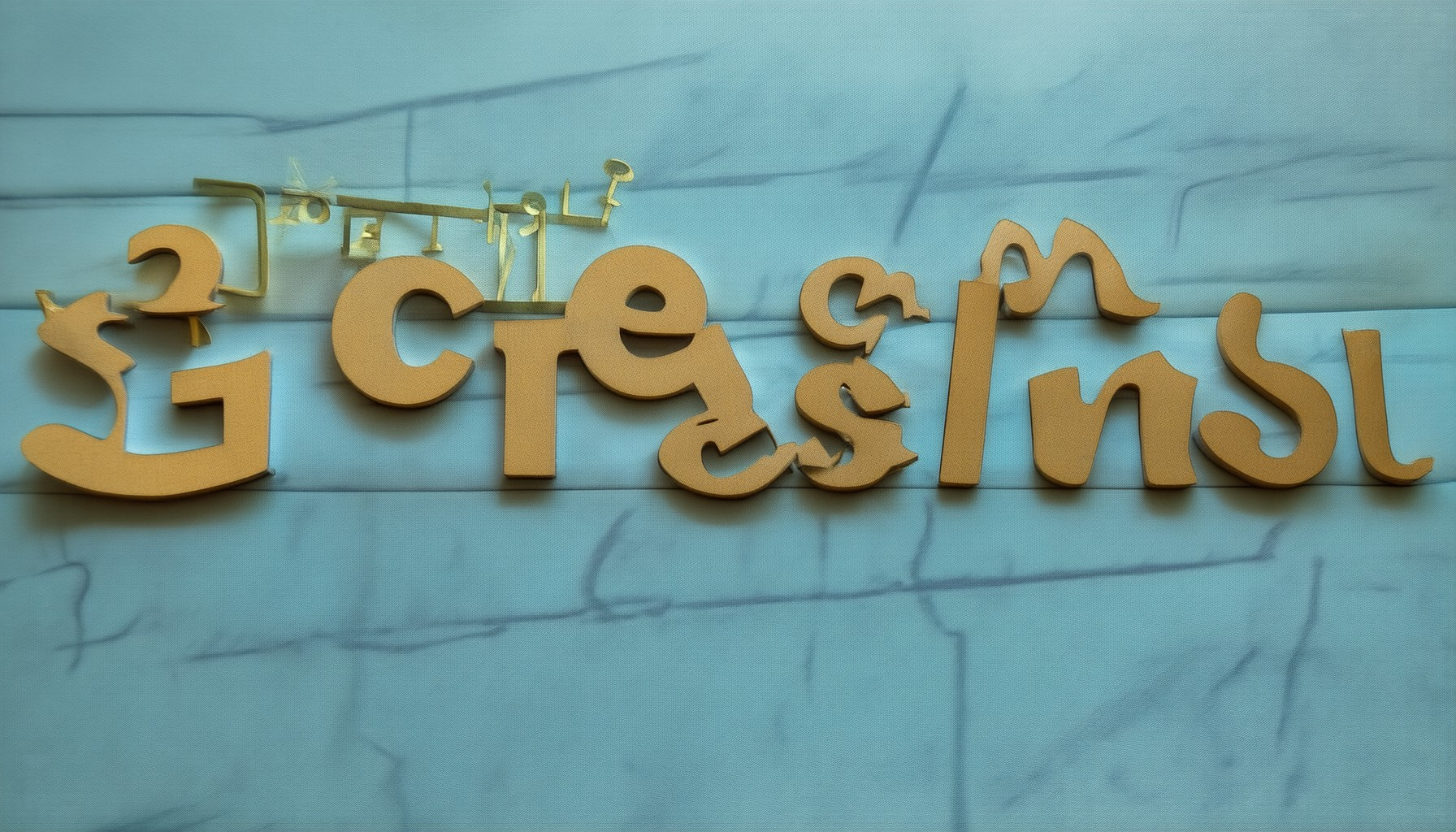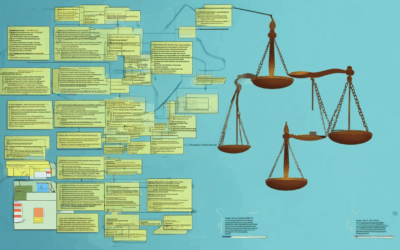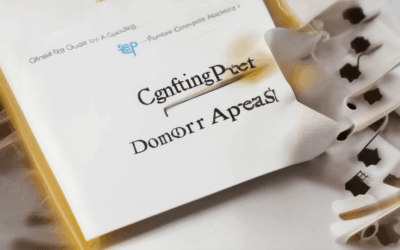Securing grants is a cornerstone of organizational growth and success, offering vital financial support for initiatives that drive meaningful change. However, crafting a compelling grant proposal is no simple task, with many organizations struggling to navigate the complexities of effective grant writing. Whether you’re a seasoned professional or new to the world of fundraising, mastering best practices for grant writing is essential to unlocking the potential of your projects. From understanding the fundamentals of grant writing to employing proven strategies for creating a winning proposal, this guide delves into the key principles that will help you achieve grant writing success. By exploring everything from developing a robust grant proposal outline to leveraging valuable grant writing tips, this comprehensive resource equips you with the tools needed to write proposals that stand out and secure the funding your organization deserves. Let’s dive into the ins and outs of grant writing, ensuring your efforts yield the desired results and foster long-term impact.
Key Takeaways
– Align your proposal with funders’ goals through meticulous research.
– Craft a structured, clear outline with measurable objectives.
– Use simple, professional language to make your case compelling.
– Highlight your organization’s strengths and track record.
– Emphasize collaborations and community support for broader impact.
– Clearly justify funding requests and allocate resources effectively.
– Include a detailed timeline and evaluation metrics for accountability.
– Build a strong case for support with impactful storytelling.
– Proofread meticulously to ensure professionalism.
– Submit applications consistently to increase funding chances.

What are the 5 R’s of grant writing?
The 5 R’s of grant writing are essential principles that guide successful grant seekers. These principles ensure that grant proposals are well-prepared, aligned with funding priorities, and positioned for approval. Here’s a breakdown:
- Readiness: Before applying for a grant, conduct thorough research on the funder’s goals and preferences. Ensure your organization is ready to meet the requirements, including financial and programmatic readiness.
- Research: Understand the grantor’s mission, objectives, and funding criteria. Align your proposal with their priorities by conducting thorough research on the topic and available funding opportunities.
- Relationships: Build strong relationships with funders, partners, and stakeholders. Demonstrating trust and collaboration can significantly strengthen your grant application.
- Writing: Craft a clear, concise, and compelling proposal. Use evidence-based language that highlights the project’s impact and alignment with the funder’s goals.
- Reporting: Develop a robust monitoring and evaluation plan to track progress and outcomes. Prepare regular reports to demonstrate accountability and success, which are often required by funders.
What Makes a Good Grant Writing?
Grant writing is a critical skill for securing funds and resources for your nonprofit organization. To excel in this area, consider the following key components:
- Clarity and Organization:** A well-organized proposal is essential. Ensure your proposal is structured logically, aligning with the requirements outlined in the Request for Funding (RFA) or evaluation criteria. This helps reviewers quickly understand your mission and goals.
- Conciseness and Simplicity:** Avoid unnecessary jargon or overly complex language. Keep your writing clear and to the point. Your audience likely has limited time, so make every sentence count.
- Alignment with Funder Goals:** Demonstrate how your project aligns with the funder’s objectives. Show a deep understanding of their mission and how your work supports theirs.
- Strong Research and Data Support:** Back your proposal with solid research and data. Highlight statistics, outcomes, and testimonials that showcase your expertise and track record of success.
- Fundraising Strategy:** Include a clear and actionable strategy that outlines how you plan to use the funds. Detail your approach to achieving measurable outcomes and how you will sustain the project beyond the grant period.
- Community Engagement:** Emphasize your commitment to involving stakeholders, volunteers, and the community in your initiatives. Funders often prioritize projects that foster collaboration and community impact.
- Persistence and Adaptability:** Be prepared to revise and resubmit proposals based on feedback. Stay informed about grant opportunities and adapt your strategies to meet evolving funding priorities.
By focusing on these elements, you can create grant applications that stand out and increase your chances of securing the resources needed to support your mission and drive meaningful change.

What Are the 5 Steps of Grant Writing?
Here are the five essential steps to effectively write and secure grant funding:
- Research and Identify Funding Opportunities
- Begin by identifying reputable grant providers aligned with your organization’s mission. Explore databases like Grants.gov or specialized platforms for nonprofit grants.
- Understand the eligibility criteria, application requirements, and deadlines for each opportunity.
- Assess the scope of your project against the funder’s priorities to ensure alignment.
-
Develop a Clear Project Plan
- Craft a detailed project description that outlines objectives, activities, timelines, and expected outcomes.
- Include a budget plan, detailing how funds will be allocated to achieve your goals.
- Highlight the impact your project will have on your target population and broader society.
-
Write a Compelling Proposal
- Start with an executive summary that succinctly presents your organization, project, and funding request.
- Detail your approach in narrative and numerical sections, ensuring clarity and conciseness.
- Emphasize innovation, collaboration, and sustainability to strengthen your proposal.
-
Review and Edit for Clarity and Compliance
- Have colleagues or mentors review your proposal for grammar, logic, and adherence to guidelines.
- Ensure all required components are included, such as financial statements and supporting documents.
- Double-check that your proposal aligns with the funder’s objectives and application instructions.
-
Submit and Follow Up
- Submit your grant application before the deadline, ensuring all required documents are attached.
- Track the status of your application through the funder’s portal or communication channels.
- Prepare follow-up communications if there are delays or if additional information is requested.
By following these steps, you can systematically approach grant writing, increasing your chances of securing the necessary funding for your initiatives.

What is the Secret to Grant Writing?
The secret to successful grant writing lies in careful preparation, clear communication, and understanding the priorities of funders. Here’s a step-by-step guide to crafting effective grant proposals:
1. Research and Understand the Funding Source
Before applying, thoroughly research the organization or foundation providing the grant. Review their mission, past grants awarded, and application guidelines. Tailor your proposal to align with their goals and priorities.
2. Craft a Strong Proposal Outline
Start with a clear objective and outcomes. Clearly define what you aim to achieve, how you’ll accomplish it, and the expected impact. Include measurable goals and a logical structure that flows from introduction to conclusion.
3. Use Clear and Concise Language
Avoid jargon and complex sentences. Write in a professional yet accessible manner. Make sure your proposal is easy to understand for reviewers who may not be experts in your field.
4. Highlight Your Organization’s Expertise
Showcase your organization’s track record and capabilities. Provide evidence of past successes, partnerships, or expertise that makes you a strong candidate for the grant.
5. Emphasize Collaboration and Partnerships
If applicable, highlight collaborations with other organizations or community partners. Funders often prefer projects that involve multiple stakeholders and have broader community support.
6. Address Funding Needs Clearly
Be specific about the funds requested and how they will be allocated. Justify each expense and ensure it aligns with the project’s objectives.
7. Provide a Timeline and Evaluation Plan
Include a detailed timeline for project completion and a plan for evaluating success. This demonstrates accountability and provides reassurance to funders that their investment will yield results.
8. Build a Strong Case for Support
Convince funders that your project is worth supporting by highlighting its potential impact, alignment with their mission, and the unique value it brings to the field.
9. Proofread and Edit
Ensure your proposal is free of grammatical errors and typos. A polished application reflects professionalism and attention to detail, which funders appreciate.
10. Submit Early and Often
Apply for grants consistently, especially for smaller, short-term projects. This increases the likelihood of securing funding as funders may have limited opportunities.
By following these steps, you can significantly improve your chances of securing grant funding and making a meaningful impact in your field. Remember to leverage resources from NPO Expert for further guidance and best practices in grant writing.
Why is Grant Writing So Hard?
Grant writing is a complex and multifaceted process that involves numerous challenges, making it a difficult task for many individuals and organizations. Below are some key reasons why grant writing is often considered so hard:
- Research and Identification: Finding the right grants that align with your project’s goals requires extensive research. With thousands of available grants, it can be overwhelming to identify which ones are suitable and meet your organization’s needs. Additionally, each grant may have unique requirements and deadlines, further complicating the process.
- Understanding Funder Priorities: Each grant provider has specific objectives and criteria. Tailoring your application to match these priorities can be challenging, especially when applying to multiple funders. Understanding what each funder values and how to align your project with their goals demands deep insight and customization.
- Application Complexity: Grant applications often require detailed proposals, budgets, and progress reports. Crafting a compelling narrative that highlights your organization’s expertise and the project’s potential impact is non-trivial. It involves more than just presenting facts—it requires telling a persuasive story that motivates reviewers to support your cause.
- Intense Competition: The competition for grants is fierce, with many organizations vying for limited funding. Differentiating your project from others is crucial, and every detail in your application can impact its success. This high-pressure environment can make it difficult to stand out and secure funding.
- Changing Priorities: Funding priorities can shift due to evolving policies, economic conditions, or emerging trends. Keeping up with these changes requires continuous effort, such as monitoring newsletters or specific platforms dedicated to grant announcements. Missing these updates can lead to applying for grants that no longer fit your project.
- Building Relationships with Funders: Establishing trust and collaboration with funders often requires proactive networking and engagement. This adds another layer of complexity, as it’s not just about submitting an application but also about fostering relationships that may span multiple projects and years.
- Emotional Challenges: The emotional toll of frequent rejections and feedback indicating that your proposal was not strong enough can be disheartening. This persistent challenge can affect motivation and commitment to your mission, making the process feel even more daunting.
- Organizational Requirements: Effective grant writing demands exceptional organizational skills. Managing multiple applications, tracking deadlines, and maintaining detailed records can easily become overwhelming without proper tools or systems in place.
Given these challenges, it’s clear that grant writing is not just a technical skill but also requires strategic planning, adaptability, and resilience. Success in grant writing often hinges on a combination of thorough preparation, alignment with funder priorities, and the ability to tell a compelling story that resonates with reviewers.

What Are 3 Questions You Would Ask a Grant Writer?
When working with a grant writer, it’s essential to ask targeted questions to ensure alignment with your organization’s goals and to maximize the chances of securing funding. Here are three key questions to consider:
- How Do You Stay Updated on Funding Opportunities? – A skilled grant writer needs to be well-informed about the latest funding sources, including public, private, and corporate grants. Asking this ensures they have the most current information and can identify suitable opportunities for your organization.
- How Do You Collaborate with Other Teams? – Grant writing often involves coordination with program officers, development teams, and other stakeholders. Understanding their collaborative approach helps ensure smooth project execution and communication.
- How Do You Measure Success and Impact? – Funders want to see measurable outcomes. Knowing how your grant writer tracks and reports success ensures alignment with funder expectations and provides valuable insights for future applications.
These questions help gauge the grant writer’s capabilities, experience, and alignment with your organization’s objectives, ultimately leading to more effective grant acquisition strategies.





0 Comments